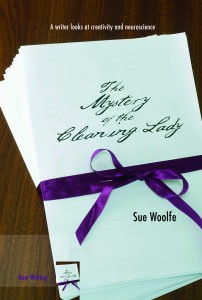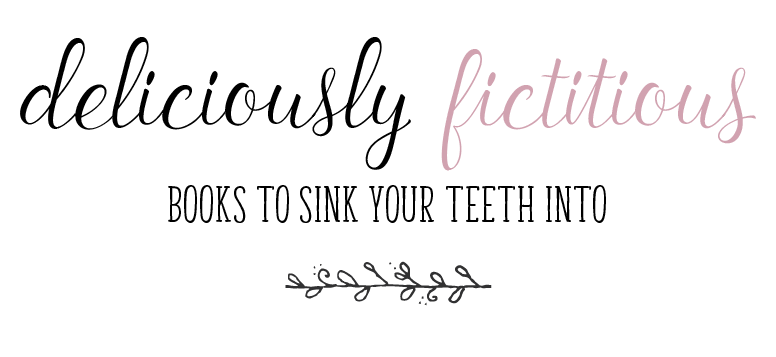
Image (c) Gerardo Arévalo Tamayo via Flickr
First, I’m excited to have an article published in the latest edition of ‘Newswrite’ – a writing magazine published by the NSW Writers’ Centre.
This one’s all about sex… in Young Adult fiction. In it, I speak to YA publishers Laura Harris (Penguin) and Sue Whiting (Walker Books), as well as parents, booksellers and teen readers themselves about ‘how far is too far’ when you’re writing for teenagers.
They’ve got some very interesting things to say, so be sure to check it out! There are also some great articles in there about the lawyer/novelist crossover (which resonated with me, given my first career was as a corporate lawyer), the concept of ‘negotiated memoir’, and how to market your first novel.
In other news, I’m now 5 weeks into my Masters of Creative Writing, and absolutely loving it. I’m soaking up the wisdom of prize-winning author Sue Woolfe in my Fiction Workshop class, and getting up close and personal with a few new genres as part of a great literary theory subject which examines major movements in contemporary prose.
It’s been a busy but rewarding few weeks. One of the most interesting things I’ve learned so far is that my plotting dilemmas with my own book, which I’ve written about in passing before, may best be solved by simply forgetting all about them for the time being.
Sound counter-intuitive? I thought so, at first. But you know that feeling you get when you’re writing something and you’re on a roll, and you’re almost not even aware that you’re writing anymore, and when you put down your pen (or keyboard) you sort of feel a little glazed, maybe a little exhausted, but also as though you’ve got wings?
Well, it turns out that feeling has a name.
It’s what Woolfe calls ‘the lull’ – a state that has been scientifically shown to engender creative thinking. In class this past month, we’ve been talking a lot about this lull. It’s a way of connecting with your subconscious, if you like. A way of clearing your mind of all the expectations of linear, logical thought and opening yourself to possibilities without judging them.
Most importantly, it doesn’t spring from careful plotting. In fact, it can’t – and shouldn’t – be constrained by preconceptions about plot or story or character or anything else. Rather, is a vehicle that can be used to discover the story, and to free up blockages.
I’m still learning about it, but it seems to me that this state has the potential to be valuable in all sorts of ways. For instance, I had the sad honour of speaking at my grandfather’s funeral this week. When I sat down to write my speech, instead of starting with the usual sort of stuff, “Dear friends, we are gathered to mourn…” etc, I let my pen hang over the page. I let my mind wander. I scribbled random thoughts about my grandfather that occurred to me. Half sentences. Single words. And lo! A speech emerged. When I’d finished, oddly enough I didn’t even need to do that much to it. The thoughts were all there. Mostly I just moved them around a bit. A win for the lull? It felt like it, for me.
 If you want to know more about the lull, I highly recommend Woolfe’s book The Mystery of the Cleaning Lady. Short enough to read in a sitting, it documents Woolfe’s exploration of the neuroscience behind creativity (including the lull; a technique she realised she had unconsciously been employing for years). It’s also a fascinating behind-the-scenes look at how Woolfe overcame a blockage in the middle of writing the novel that would become The Secret Cure. If you’ve ever wondered what goes on inside the skull of a writer and why, I think you’ll enjoy it.
If you want to know more about the lull, I highly recommend Woolfe’s book The Mystery of the Cleaning Lady. Short enough to read in a sitting, it documents Woolfe’s exploration of the neuroscience behind creativity (including the lull; a technique she realised she had unconsciously been employing for years). It’s also a fascinating behind-the-scenes look at how Woolfe overcame a blockage in the middle of writing the novel that would become The Secret Cure. If you’ve ever wondered what goes on inside the skull of a writer and why, I think you’ll enjoy it.
That’s it for now. Happy reading and writing, people!
~ DF
